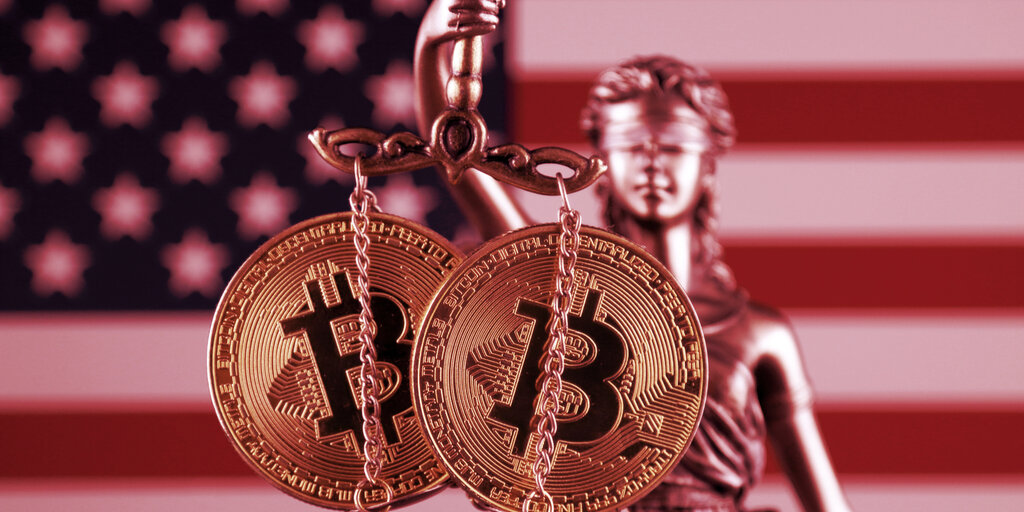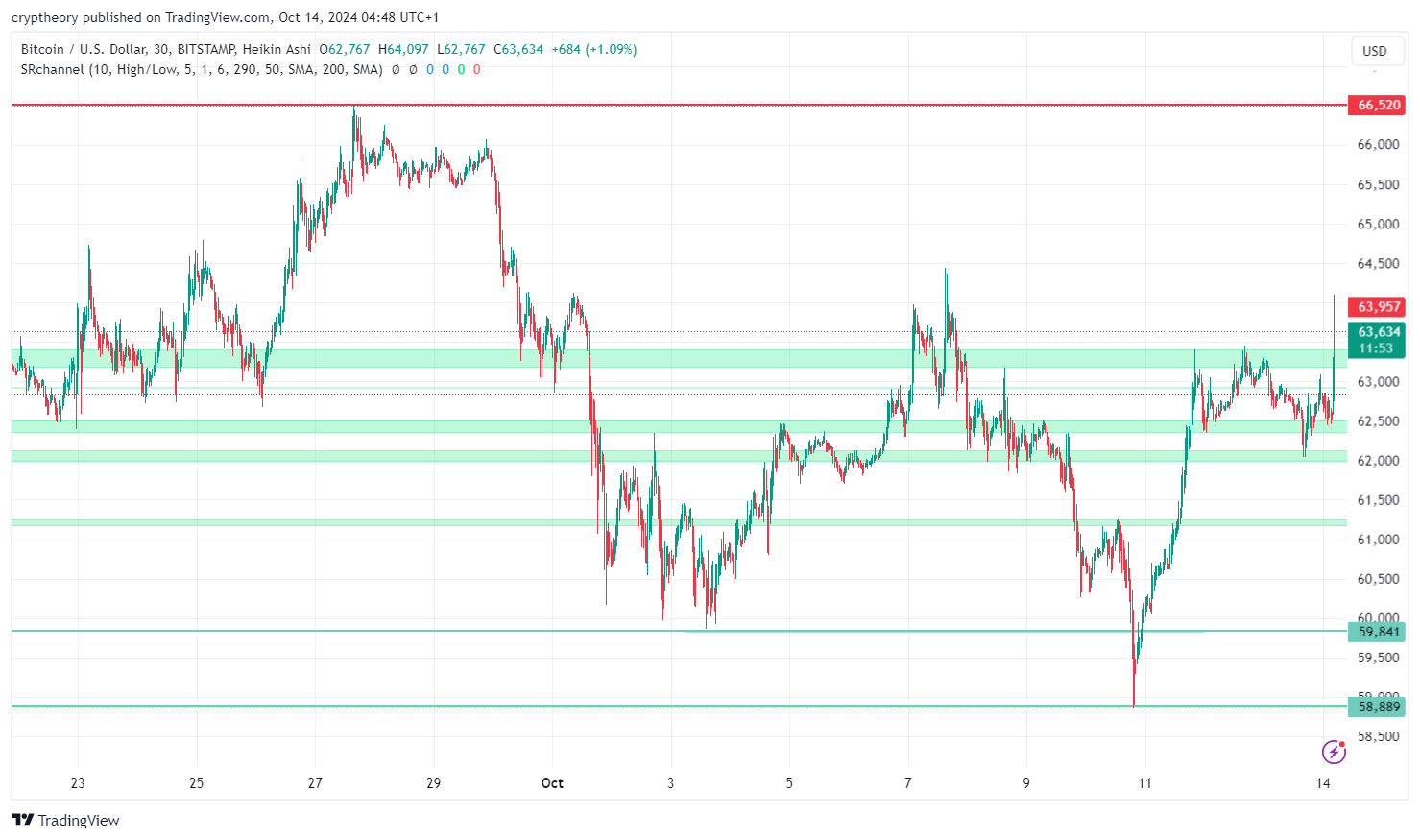When examining crypto, there’s a danger that regulators will underestimate the opportunities involved, while over-amplifying the risks, said Coinbase co-founder Fred Ehrsam on Tuesday, during an appearance on Bloomberg Studio 1.0.
The co-founder of the popular U.S.-based crypto exchange was asked about the likely course regulators would take with cryptocurrencies.
“Crypto is a nuanced issue, and that it’s possible the U.S. gets crypto wrong,” said Ehrsam.
He went on to explain that regulators play a key role in protecting investors but urged that “crypto is the next Internet-sized opportunity for the United States,” which “has the potential to create as many if not more jobs than the Internet.”
More stringent crypto regulation has been in the spotlight again recently. “This is quite volatile, one might say highly volatile, asset class, and the investing public would benefit from more investor protection on the crypto exchanges,” said SEC Chair Gary Gensler at the Financial Industry Regulatory Authority’s annual conference in May.
The SEC’s 2021 regulatory agenda makes no mention of BTC, and—because BTC is not classed as a security—the regulator also has no authority over the asset’s trade on larger exchanges, such as Binance. It can, however, crackdown on the platforms if they are either based in the United States or offer services to U.S. citizens.
However, U.S. agencies are racing to align their policies on BTC and cryptocurrency-related issues and build out comprehensive regulations, Federal Reserve Vice Chair of Supervision Randal Quarles said last month.
Quarles said that a joint framework for supervision is a “high priority” and said he expects to have some results “soon.” Still, American financial regulators have struggled to respond to the explosive growth in crypto. The market’s dizzying volatility and the lack of an overarching national supervisor are further concerns preoccupying regulators.
Ehrsam highlighted the prime position the U.S. holds as a “de facto financial regulator” for much of the world, as well as being a tech powerhouse, to emphasize the potential decentralized technologies hold “to square the circle on the privacy internet issues that we’ve been talking about with big tech companies, for the last 10 years.”
There was also the danger of the U.S. losing out to China. The country is already testing out its own digital currency, building out blockchain-based initiatives, and is home for the bulk of today’s BTC mining, said Ehrsam.
With China currently cracking down on BTC mining, this, he said, was a prime chance for U.S. miners to seize the initiative.























